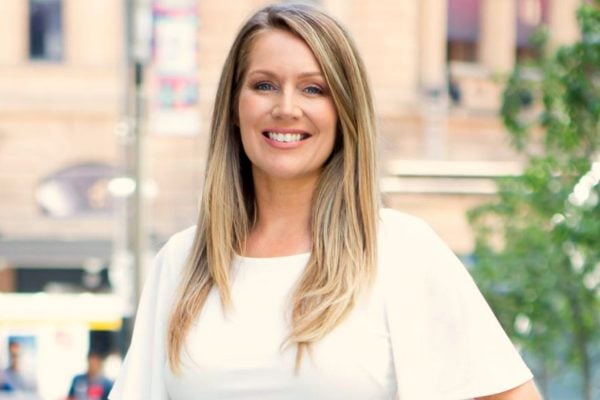

*Some names have been changed for anonymity. All of the women profiled are known to Mamamia.
It’s one of the least talked about topics amongst modern women. In fact, we’d prefer to discuss sex, childbirth and even our toilet habits before tackling the taboo talk of money.
But we’re faced with more financial adversities than any other generation. House prices alone are now more than 10 times what they were in the ’80s.
Financial stress is becoming a huge deal for a lot of us, and research backs this up. In 2018, Roy Morgan Research found that only 33 per cent of women aged 35 to 49 are comfortable with their present household income.
A recent survey by personal budgeting service MyBudget found that 60 per cent of women worry about money frequently, compared to 47 per cent of men.
Perhaps the only way to unlock our financial concerns is to actually start talking?
So we got down to the nitty gritty with four readers who revealed exactly where their hard-earned cash goes every month.
There are little things that add up, yes. But it’s much harder to figure out how to budget for bigger commitments like paying bills, mortgage repayments and rent money.
That’s why we asked money management guru Tammy Barton, founder of MyBudget, to share some tips along the way that help you budget for the big things – and have money to spare.
“In all my years of experience helping people get on top of their finances, I’ve come to understand that no two situations are ever exactly the same, which is why there are no one-size-fits-all financial solutions,” Tammy tells.

Top Comments
Or call the National Debt Helpline to find your closest financial counsellor, who offer a free service.
I'm putting on my incredulous shoes (which are incredible I might add)
How an earth can a family of 3 spend $1000-$1500 per month on food? Let alone the costs given for socialising and clothes in just one single month. C'mon
I'd say they've deliberately chosen examples of people with high incomes and lots of easy-to-reduce expenses to make their advice seem workable.